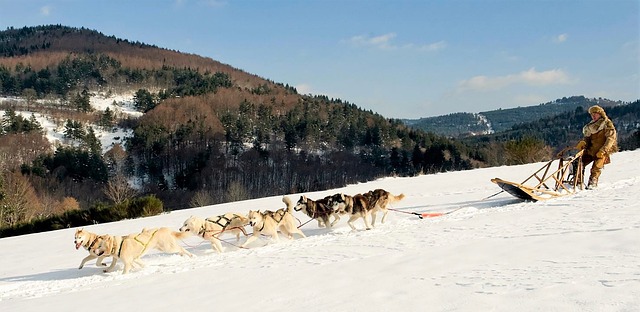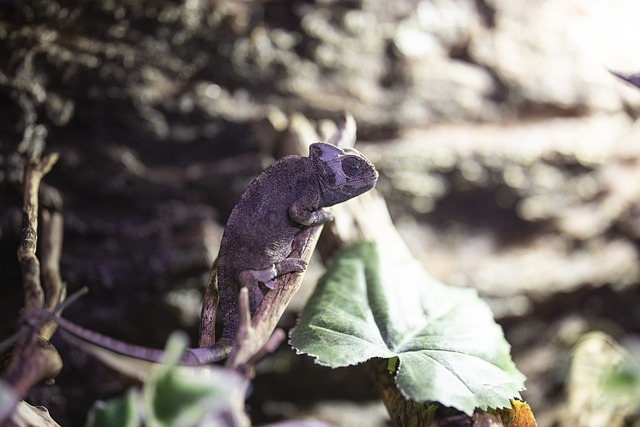jogo do bicho goias 👍 Jogo do Bicho: A Cultural Phenomenon in Goiás

Jogo do Bicho: A Cultural Phenomenon in Goiás
In the heart of Brazil, a unique cultural phenomenon continues to thrive: the jogo do bicho, a traditional lottery game that has woven itself into the social fabric of many states, including Goiás. Despite its informal status and the legal controversies surrounding it, the jogo do bicho has become an enduring symbol of local culture, reflecting the complexities of Brazilian society and its relationship with gambling.jogo do bicho goias

The jogo do bicho emerged in the late 19th century in Rio de Janeiro, originally designed as a marketing gimmick for a zoo. Over the years, it evolved from its humble beginnings into a popular form of betting that has transcended social classes. In Goiás, as in many other parts of Brazil, it serves not only as a source of entertainment but also as an informal economic engine for local communities. The game is based on a simple concept: players choose numbers associated with animals, and the results are determined by a lottery draw. The charm of the game lies in its accessibility; anyone can participate, regardless of economic status.jogo do bicho goias
One cannot discuss the jogo do bicho without acknowledging the complex relationship it has with Brazilian law. Officially, the jogo do bicho is illegal, yet it operates openly and is tolerated by many authorities. This paradox raises important questions about the nature of legality and morality in Brazilian society. The existence of the jogo do bicho is often justified by its role in providing economic opportunities for those who might otherwise be marginalized. For many, it represents a form of empowerment, allowing individuals to take part in a game that has historically been associated with luck and chance.jogo do bicho goias

The significance of the jogo do bicho extends beyond mere gambling; it plays a vital role in the social dynamics of Goiás. The game fosters a sense of community, as friends and family often gather to discuss their bets and share in the excitement of the draws. This communal aspect is particularly important in a country where social connections are paramount. The jogo do bicho can be seen as a bonding activity that strengthens relationships and builds networks of trust among participants.jogo do bicho goias
Moreover, the jogo do bicho has inspired a rich tapestry of cultural expressions, from music to literature. The rhythms of samba and the verses of popular poetry often reference the game, celebrating its place in the cultural landscape. It has also found its way into the visual arts, with artists exploring themes of luck, chance, and the human condition through the lens of the jogo do bicho. This artistic engagement further solidifies the game’s status as a cultural touchstone, inviting reflection on broader societal issues.jogo do bicho goias
However, the jogo do bicho is not without its critics. Detractors argue that it perpetuates a cycle of poverty and encourages irresponsible gambling behavior. The absence of regulation can lead to exploitation, with some operators taking advantage of vulnerable participants. This criticism highlights the need for a nuanced understanding of the juego do bicho's impact on society. While it offers entertainment and community engagement, it also poses risks that require careful consideration.
In recent years, there has been a growing movement advocating for the legalization and regulation of the jogo do bicho. Proponents argue that formalizing the game could bring it into the light, allowing for consumer protections and responsible gambling initiatives. This approach could also generate tax revenue for the government, which could be directed toward social programs. The ongoing debate about the jogo do bicho reflects broader discussions about gambling and regulation in Brazil, as the country grapples with modernizing its approach to leisure and entertainment.jogo do bicho goias
As the jogo do bicho continues to adapt to changing societal norms, it remains a powerful symbol of the complexities of Brazilian identity. It embodies the tension between legality and cultural tradition, highlighting the ways in which informal practices can thrive in the shadows of formal regulations. The enduring popularity of the jogo do bicho in Goiás serves as a reminder of the resilience of cultural practices, even in the face of challenges.
In conclusion, the jogo do bicho is more than just a game of chance; it is a reflection of the social, cultural, and economic dynamics of Brazilian society. Its presence in Goiás underscores the intricate relationship between tradition and modernity, legality and informality. As discussions about regulation and legalization continue, the jogo do bicho will likely remain a focal point of cultural conversation, illustrating the enduring power of community and the complexities of human behavior in the face of chance.
Fale conosco. Envie dúvidas, críticas ou sugestões para a nossa equipe através dos contatos abaixo:
Telefone: 0086-10-8805-0795
Email: portuguese@9099.com


